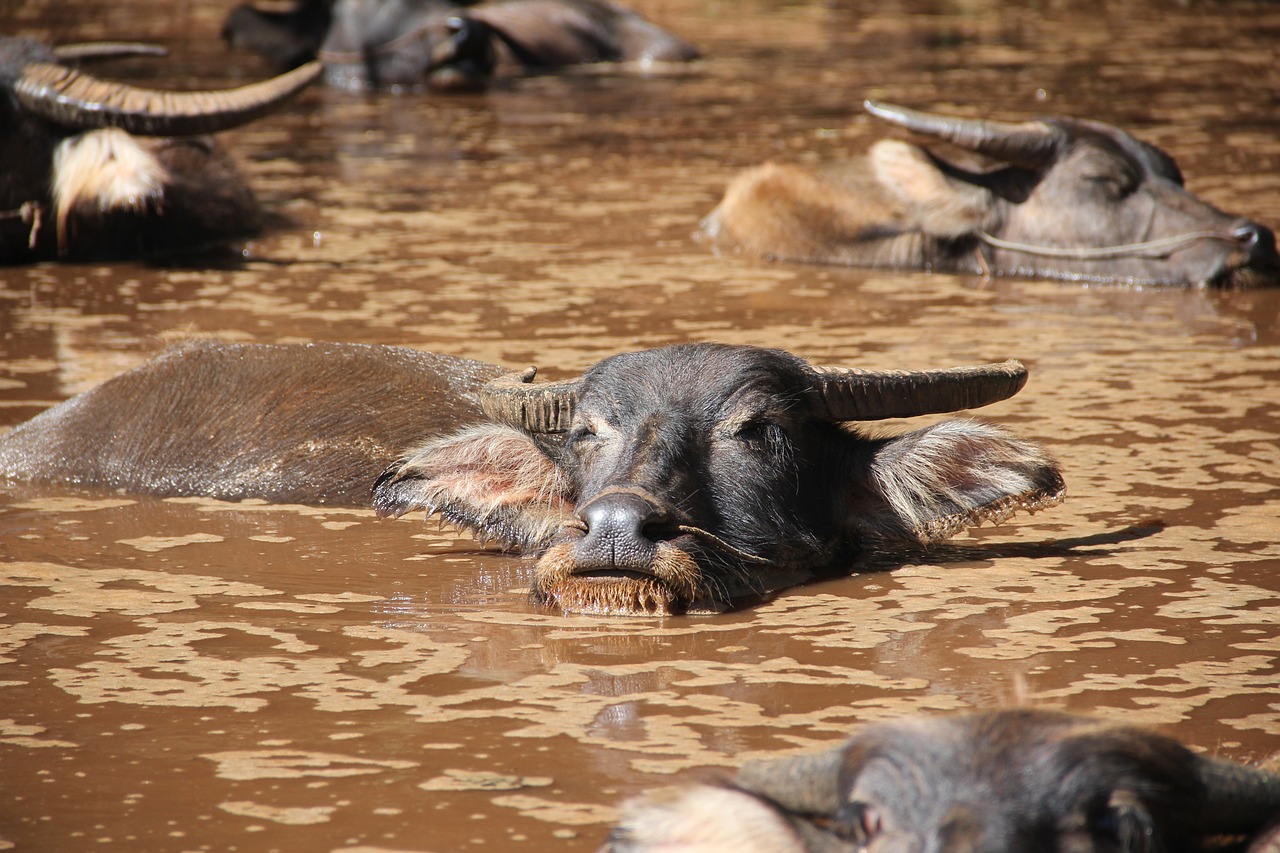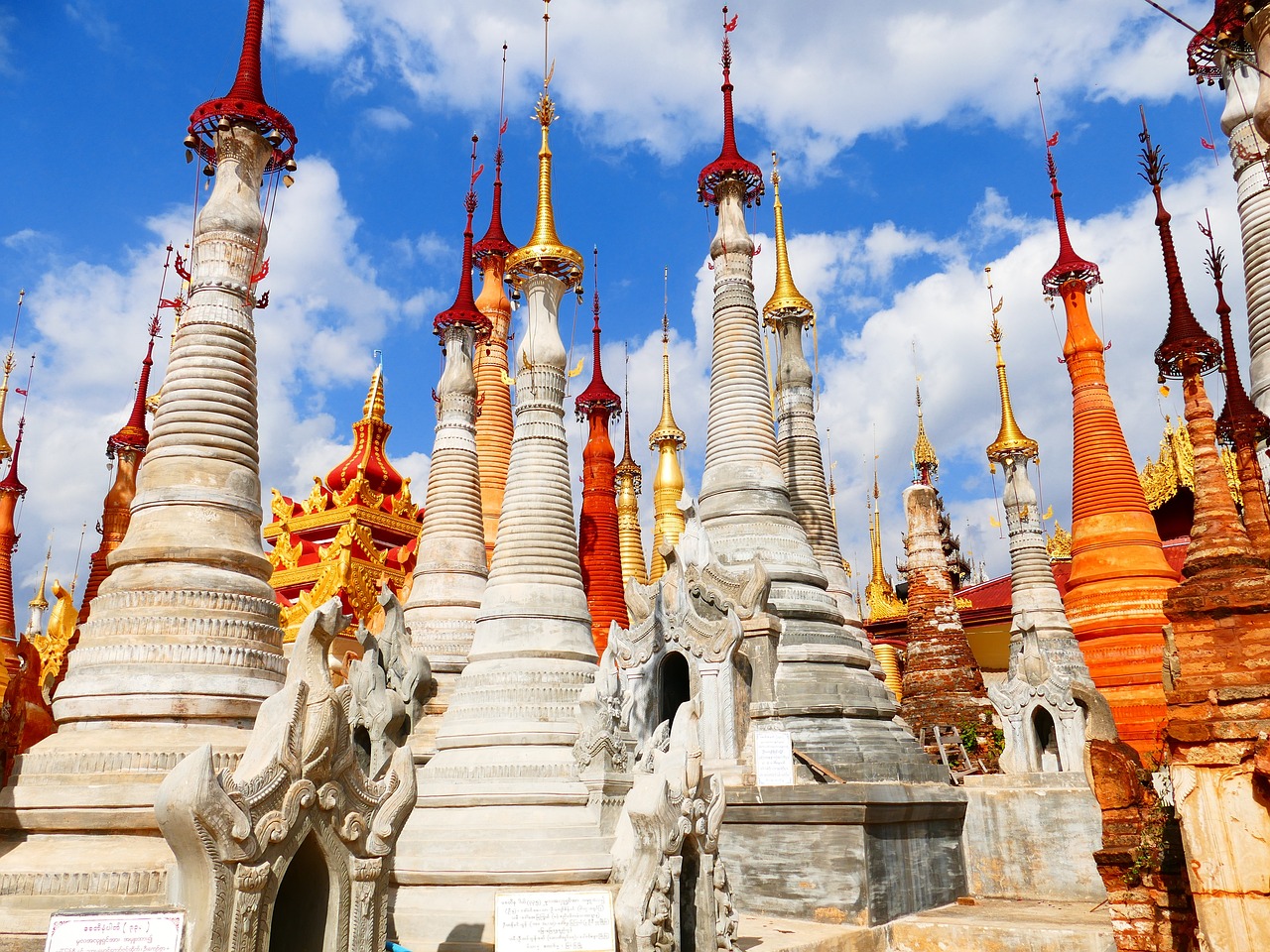Coping with Power Outages: Being Prepared in Myanmar
Power outages can be a common occurrence in Myanmar, and being prepared for these situations is essential. Whether you are a resident or a traveler visiting the country, having the necessary knowledge and resources to cope with power outages can make a significant difference in your comfort and safety. This article provides detailed information on how to be prepared and handle power outages effectively in Myanmar.
Section 1: Understanding Power Outages in Myanmar
Power outages, also known as blackouts or electricity cuts, are interruptions in the supply of electrical power. In Myanmar, power outages can occur due to various reasons, including inadequate infrastructure, high demand, maintenance work, and natural disasters such as storms or floods. The country’s electricity grid is still developing, and as a result, power outages are not uncommon in many areas.
- Inadequate infrastructure: Myanmar’s power infrastructure is still in the process of improvement. Insufficient power generation capacity and transmission infrastructure can lead to frequent power outages.
- High demand: The growing population and increasing industrialization in Myanmar have put a strain on the power supply, leading to frequent power outages during peak periods.
- Maintenance work: Scheduled maintenance and repairs are necessary to ensure the reliability and safety of the power infrastructure. These maintenance activities can sometimes result in planned power outages.
- Natural disasters: Myanmar is prone to natural disasters such as storms, floods, and cyclones. These events can damage power infrastructure and cause widespread power outages.
Section 2: Importance of Being Prepared
Being prepared for power outages in Myanmar is crucial for several reasons. It helps ensure your safety, minimizes inconvenience, and allows you to continue with essential activities even during an outage.
- Safety: Power outages can sometimes lead to hazardous situations. Being prepared with emergency supplies and knowing what to do in case of an extended outage can help keep you and your loved ones safe.
- Comfort: Having the necessary resources and equipment, such as backup power sources or alternative lighting, can make power outages more manageable and comfortable.
- Continuity of activities: Being prepared allows you to continue with essential activities such as cooking, communication, and medical needs, ensuring minimal disruption during power outages.
Section 3: Essential Supplies and Equipment
To cope with power outages effectively in Myanmar, it is essential to have certain supplies and equipment readily available. Here are some items you should consider having:
- Flashlights and Batteries: Ensure you have enough flashlights and batteries to provide lighting during power outages. LED flashlights are a good option as they are energy-efficient.
- Portable Power Banks: Invest in portable power banks to charge your mobile devices during power outages. This will help you stay connected and access important information.
- Candles and Matches: Keep a supply of candles and matches as an alternative lighting source. Make sure to use them safely and keep them away from flammable materials.
- Battery-powered Radio: A battery-powered radio can keep you updated with news and emergency information during power outages.
- Manual Can Opener: If you rely on canned food, having a manual can opener is essential for accessing your food during power outages.
- First Aid Kit: Ensure you have a well-stocked first aid kit that includes essential medical supplies and medications.
Myanmar Image 1:

Section 4: Backup Power Sources
Investing in backup power sources can provide a reliable solution during power outages in Myanmar. Here are some options to consider:
- Uninterruptible Power Supply (UPS): A UPS can provide temporary power to essential devices such as computers, routers, and modems. It acts as a buffer between the main power supply and your devices.
- Portable Generators: Portable generators can supply power to larger appliances and equipment during outages. Make sure to follow safety guidelines and operate them in well-ventilated areas.
- Solar Power Systems: Solar power systems can provide a sustainable and environmentally friendly solution for generating electricity during power outages. They harness energy from the sun and store it in batteries for later use.
Section 5: Energy Conservation
Conserving energy during power outages not only helps extend the available power supply but also reduces the strain on the electrical grid. Here are some energy conservation tips:
- Turn off unnecessary lights and appliances: Switch off lights and unplug appliances that are not in use to minimize energy consumption.
- Use natural lighting: Take advantage of daylight by opening curtains and blinds to reduce the need for artificial lighting.
- Limit air conditioning usage: If possible, use fans instead of air conditioning units to reduce energy consumption.
- Avoid excessive opening of refrigerators: Opening the refrigerator frequently causes cold air to escape, making the appliance work harder to maintain the desired temperature.
Section 6: Power Outage Preparedness Plan
Having a power outage preparedness plan in place can help you stay organized and minimize the impact of outages. Consider the following steps:
- Create an emergency kit: Prepare an emergency kit with essential supplies such as flashlights, batteries, non-perishable food, water, and a first aid kit.
- Develop a communication plan: Establish a communication plan with your family or travel companions to ensure everyone knows how to stay connected during power outages.
- Identify nearby resources: Familiarize yourself with nearby facilities that may have backup power, such as hospitals, hotels, or community centers.
- Stay informed: Keep track of weather updates, power outage notifications, and emergency alerts through reliable sources such as local news outlets or government agencies.
Myanmar Image 2:

Section 7: Food and Water Management
During power outages, it is essential to manage food and water resources properly to ensure safety and minimize waste. Here are some tips:
- Keep a stock of non-perishable food: Store non-perishable food items that do not require refrigeration, such as canned goods, dried fruits, and nuts.
- Use perishable food first: Consume perishable food items from the refrigerator first to prevent spoilage. Keep the refrigerator closed as much as possible to maintain its temperature.
- Boil water or use bottled water: In case of water supply disruption, boil water for at least one minute or use bottled water for drinking and cooking purposes.
Section 8: Staying Cool During Power Outages
Power outages can lead to discomfort, especially during hot weather. Here are some tips to stay cool:
- Use battery-powered fans: Battery-powered fans can provide relief during power outages, especially when air conditioning is not available.
- Stay hydrated: Drink plenty of water to stay hydrated and regulate body temperature.
- Seek cool locations: Identify cool areas in your surroundings, such as shaded spots or well-ventilated rooms, to spend time during power outages.
Section 9: Safety Precautions
Ensuring safety during power outages is crucial. Follow these safety precautions:
- Avoid using candles near flammable materials: Keep candles away from curtains, furniture, or any other flammable objects to prevent fire hazards.
- Do not overload generators or power sources: Follow the manufacturer’s guidelines and avoid overloading generators or power sources to prevent electrical hazards.
- Use carbon monoxide detectors: If using a generator or any fuel-burning device, ensure proper ventilation and use carbon monoxide detectors to prevent carbon monoxide poisoning.
Myanmar Image 3:

Section 10: Community Support and Assistance
During prolonged power outages, community support and assistance can be invaluable. Consider the following:
- Check with neighbors: Reach out to your neighbors to ensure their safety and well-being during power outages.
- Community centers and shelters: Identify nearby community centers or shelters that may provide assistance or temporary accommodation during extended outages.
- Emergency hotlines: Keep a list of emergency hotline numbers for quick access to assistance in case of emergencies.
Section 11: Reporting Power Outages
Reporting power outages promptly can help authorities identify and address the issues. Here’s how to report power outages in Myanmar:
- Contact the local electricity provider: Find the contact information for your local electricity provider and report the outage to them. They will provide updates and estimated restoration times.
- Use mobile apps or websites: Some electricity providers have mobile apps or websites where you can report power outages online.
Section 12: Conclusion
Being prepared for power outages is essential in Myanmar due to the frequent occurrence of blackouts. By understanding the causes of power outages, having essential supplies and equipment, and following safety precautions, you can cope effectively during these situations. Additionally, developing a power outage preparedness plan and staying informed will contribute to your overall safety and comfort during outages.
References
– Ministry of Electricity and Energy (https://moee.gov.mm/)
– Myanmar Times (https://www.mmtimes.com/)
– Irrawaddy (https://www.irrawaddy.com/)


